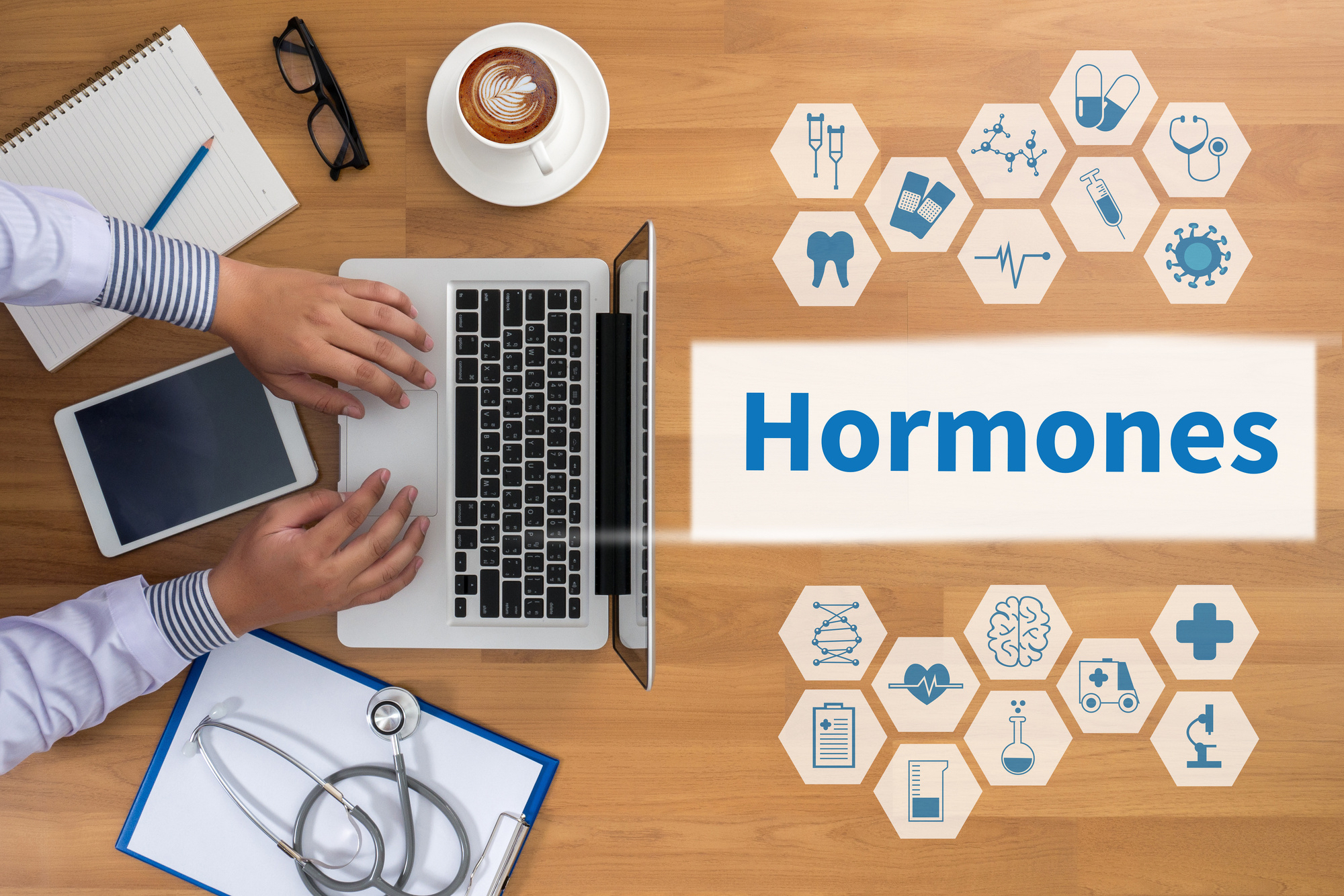Ever wondered about the symptoms of hormonal imbalance?
If your hormones are perfectly balanced, the better you’ll function mentally, emotionally, and physically. Hormones help keep your body running much more smoothly. Without proper balance, you may feel certain signs in your body.
In this guide, you’ll learn more about what is hormonal imbalance and signs you need to watch out for.
1. Trouble Losing Weight or Weight Gain
Hormonal imbalance in women can induce weight gain, including an underactive thyroid. Throughout menopause, women get fat because of metabolism decline. Hormone disorders, such as Cushing syndrome, can make you overweight.
2. Low Sex Drive and Premenstrual Syndrome (PMS)
Low estrogen, progesterone, and testosterone correlate with lowered libido in men and women. It is ubiquitous after age 50, when estrogen and testosterone production weakens.
Estrogen is one of the main hormones controlling a woman’s menstrual period. A reduction in the production of hormones can result in:
- Hot flashes
- Unpredictable
- Sore intercourse
- Irregular periods that are too short or too long
- Infertility
- Heavy or painful periods
- Mood swings
Consider testosterone as part of your hormonal imbalance treatment. It can improve your libido as well as boost your mood and energy levels.
3. Skin and Hair Changes
An unexpected increase in acne is one simple means to see if you have a hormonal imbalance. If your body produces too many androgens, sebum can increase your pores and let a pimple out.
The condition of your hair is also related to your hormones. Thyroid irregularities may make brittle nails, thinning hair, dry hair, or skin. Parathyroid, hypothyroidism, and hyperthyroidism disorder can also cause hair loss.
4. Constant Fatigue
Everybody is weary at times. Though with a healthy diet, adequate rest, and hydration, you will recover fast.
If you look out for yourself and still feel weak, have a hormonal imbalance test. Hypothyroidism and adrenal fatigue are common causes of fatigue.
Fatigue is a well-known symptom that may have many possible sources. Low progesterone makes it difficult to sleep, and too much progesterone makes you feel tired. A more simple hormonal imbalance that induces fatigue is hypothyroidism.
This ailment is easy to distinguish with a blood test. If your levels are low, you can take medicine to make your levels back up to the norm.
5. Insomnia and Poor-Quality Sleep
Insomnia is a hypothalamic axis dysfunction, your basic stress reaction system. This is where your endocrine system and nervous system mix. It’s capable of controlling the circadian rhythm by releasing hormones.
Melatonin also acts on the brain area that contains our circadian rhythm. A failure to sweat melatonin may result in trouble falling asleep. Also, if your cortisol levels are too high, you may have difficulty falling asleep at night.
Want to know more about hormone imbalance? Read more information here.
Watch Out for Hormonal Imbalance Signs
Hormonal imbalance can affect your sleep, hair, skin, weight, and so on. Simple steps to support your hormones are to eat anti-inflammatory polyunsaturated fats. Get enough sleep and use supplements to fill in any nutritional deficiency.
If you want to know more about hormonal imbalance symptoms, check out our other guides.
